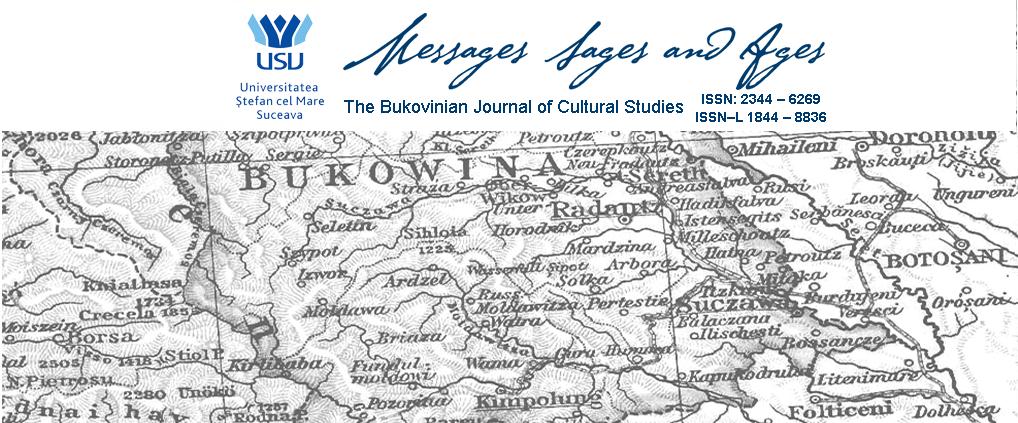For the Irish poet Seamus Heaney, developing a sense of place is both a physical and spiritual experience. His poems explore his sensory delight in the landscape, its natural beauties and innate sense of freedom allowing him the space within which to develop his poetic imagination. Defining his identity through space also enables Heaney to transcend time, the marks made by different generations on the landscape turning it into a multi-layered text in which present realities and past experiences can coexist. For a Catholic nationalist growing up in the contested territory of Northern Ireland, the landscape offers Heaney a conduit to the pre-colonial past where there was a mystical linguistic harmony between the land and its inhabitants, a bond dissolved by the experience of colonialism, leaving the community feeling displaced and somewhat fractured. Heaney’s aim as a poet is to employ his pen as a metaphorical shovel to dig through the layers of signifiers suffusing the landscape and reconnect with his spiritual roots. This paper explores the complex relationship Heaney has with the landscape of his childhood home in Northern Ireland. Although he is deeply emotionally and spiritually rooted in the landscape, he is also alert to the contentious, divided history that is ever-present in the placenames and borders that structure the surrounding space. Heaney’s sense of inhabiting a present that is haunted by memories of the past is evident throughout his poetry and prose essays.
Aoileann Ní Éigeartaigh
Author
Dr Aoileann Ní Éigeartaigh is a lecturer in literature and cultural studies at Dundalk Institute of Technology. She studied for a BA (English and History) and MA (English Literature and Publishing) at NUI Galway, before doing her PhD in American Literature at the University of Edinburgh. She is the co-editor of Borders and Borderlands in Contemporary Society (Cambridge Scholars 2006), Rethinking Diasporas: Hidden Narratives and Imagined Borders (Cambridge Scholars 2007) and Exploring Transculturalism (VS Verlag 2010), and has published articles on Irish literature, American literature and cultural theory. She is on the review board of The Raymond Carver Review.
